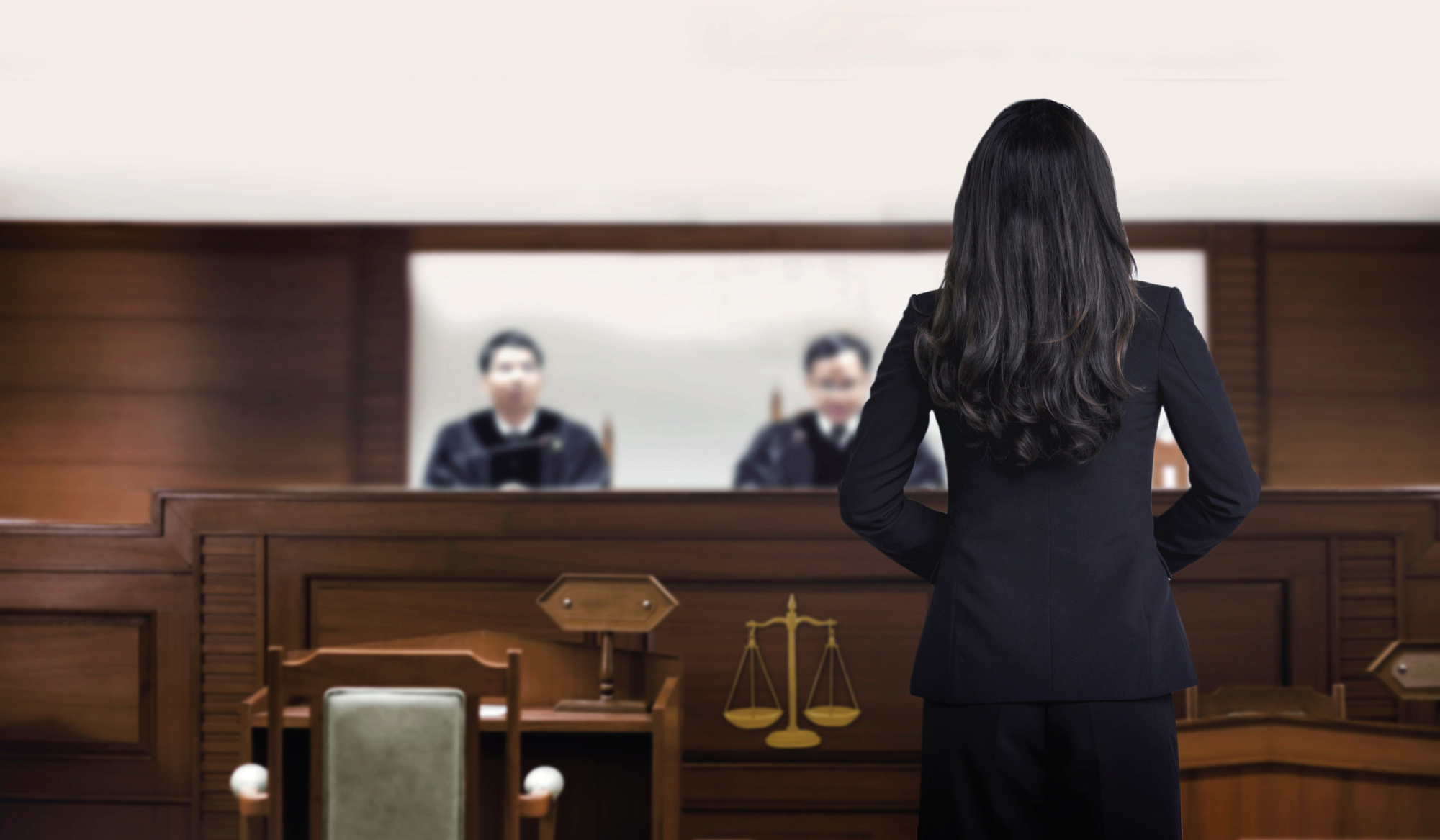Now Reading: Building A Strong Defense: Rights And Legal Options In Criminal Cases
-
01
Building A Strong Defense: Rights And Legal Options In Criminal Cases

Building A Strong Defense: Rights And Legal Options In Criminal Cases
Imagine that your neighbor says you stole his expensive antique vase. You say you didn’t take it, but they don’t believe you and want to go to court. So, what kind of case is this? Civil or criminal? The way your life goes may depend on what you say. Knowing the difference between civil and criminal cases is essential.
The main difference between criminal and civil cases lies in the type of violation and the possible consequences for the accused. A criminal case is when someone accuses you of doing something that goes against the rules set up to protect the public’s welfare and safety.
If you’re dealing with criminal charges in Oakland, California, or anywhere else, you need a solid defense to protect you from harsh punishments and the power of the prosecution. It looks out for your rights, fights for your interests, and tries to get you the best possible outcome.
The Importance Of Building A Strong Defense
Imagine a courtroom. On one side is the prosecution, which has proof, testimonies from witnesses, and the support of the state. You, the defendant, are on the other side. An equally robust defense can help you stay strong against your opponent.
Here’s why:
- First, there’s plenty at stake in criminal cases. These can lead to jail time, fines, probation, etc. They also have a negative societal reputation, which can hurt future job prospects and personal relationships.
- Second, the law can be challenging to understand. It’s the job of experts to know how the law works and how to present evidence and argue convincingly in court. Also, the prosecution has access to all the state’s resources, like law enforcement agencies, forensic labs, expert witnesses, and prosecutors.
Only a strong defense can make up for this imbalance.
Rights In Criminal Cases
Being charged with a crime is like being alone in a storm. It might be scary to hear the thunder of the accusations and see the lightning of the proof. But remember, you’re not alone in all this chaos. A strong defense is your shield.
Here are the legal rights that can help you build a strong defense:
- Right To Legal Representation
No soldier goes into battle without armor, and your lawyer is your best protection in court. Every person accused of a crime has the fundamental right to a lawyer, as stated in the Sixth Amendment to the U.S. Constitution. Whether you can afford a private lawyer or need a public defender appointed by the court, they can serve as your advocate, strategist, and guide.
For example, if the police arrest you for theft, you can talk to a lawyer before you answer their questions.
- Presumption Of Innocence
‘Guilty until proven innocent’ is a rule that shows no definite judgment before the gavel falls. In the U.S. justice system, the prosecution must prove their case. They must establish beyond a reasonable doubt that you’re guilty.
For example, if someone accuses you of a violent crime like assault, it’s not your job to prove your innocence. Instead, the prosecutor has to show the jury strong evidence that proves your guilt.
- Right To Confront Witnesses
Imagine being able to question what your accuser says. Sounds empowering, doesn’t it? The Sixth Amendment gives you the right to talk to the witnesses who are giving evidence against you. Your lawyer can question their credibility and break down the evidence they provide.
Let’s say someone says they saw you break into a house. Your lawyer can look at things like how bright it was at the scene or how well the witness can see. This type of questioning can be vital for putting doubt in the prosecution’s case.
- Right To Remain Silent
Suppose you’re in an awkward situation where anything you say could hurt your case. Here, the Fifth Amendment helps you out by giving you the right to remain silent, which means that you don’t have to answer questions or testify.
For example, if you’re being questioned about drugs and don’t have a lawyer, you can refuse to answer questions. Forced or coerced statements are called involuntary confessions, which the court often throws out.
Legal Defense Strategies
Criminal charges can make you feel like you’re on the edge of a cliff, with the weight of your future precariously hanging in the balance. Your defense is the harness that can keep you safe in this situation.
Below are some legal defense strategies to help your case:
- Alibi Defense
If you have an alibi, you can say, ‘I was somewhere else.’ Showing that you were elsewhere during the crime contradicts the prosecution’s statement. Suppose a jewelry shop accuses you of burglary. A receipt from a store with a time stamp or GPS data that shows you were far away from the crime scene can be a strong alibi.
- Self-Defense
Self-defense can be a natural thing to do when danger knocks at your door. Acting in self-defense implies acknowledging that you engaged in a wrongful action. However, you assert that protecting yourself or others from immediate harm was necessary.
Let’s say someone who hurt you files a charge of assault against you. Evidence of your injuries or witnesses to the fight can help prove that you acted in self-defense.
- Insanity Defense
An insanity defense can be tricky. This says that you were too sick mentally to know right from wrong at the time of the crime. For example, if someone charges you with arson, an insanity defense would require proof. You must present expert testimony to show that you had a severe mental disorder and didn’t understand the consequences of your actions.
Conclusion
Navigating a criminal case can be a challenging ordeal. But if you know your rights and have a good defense, the odds can change in your favor. Your rights are a shield that protects you from accusations. You can fight against the prosecution’s claims in several ways, like with an alibi, self-defense, or insanity defense.
Remember, an experienced defense attorney can guide you during this difficult time. They can help you determine your best options and help you build a defense that fits your case.










